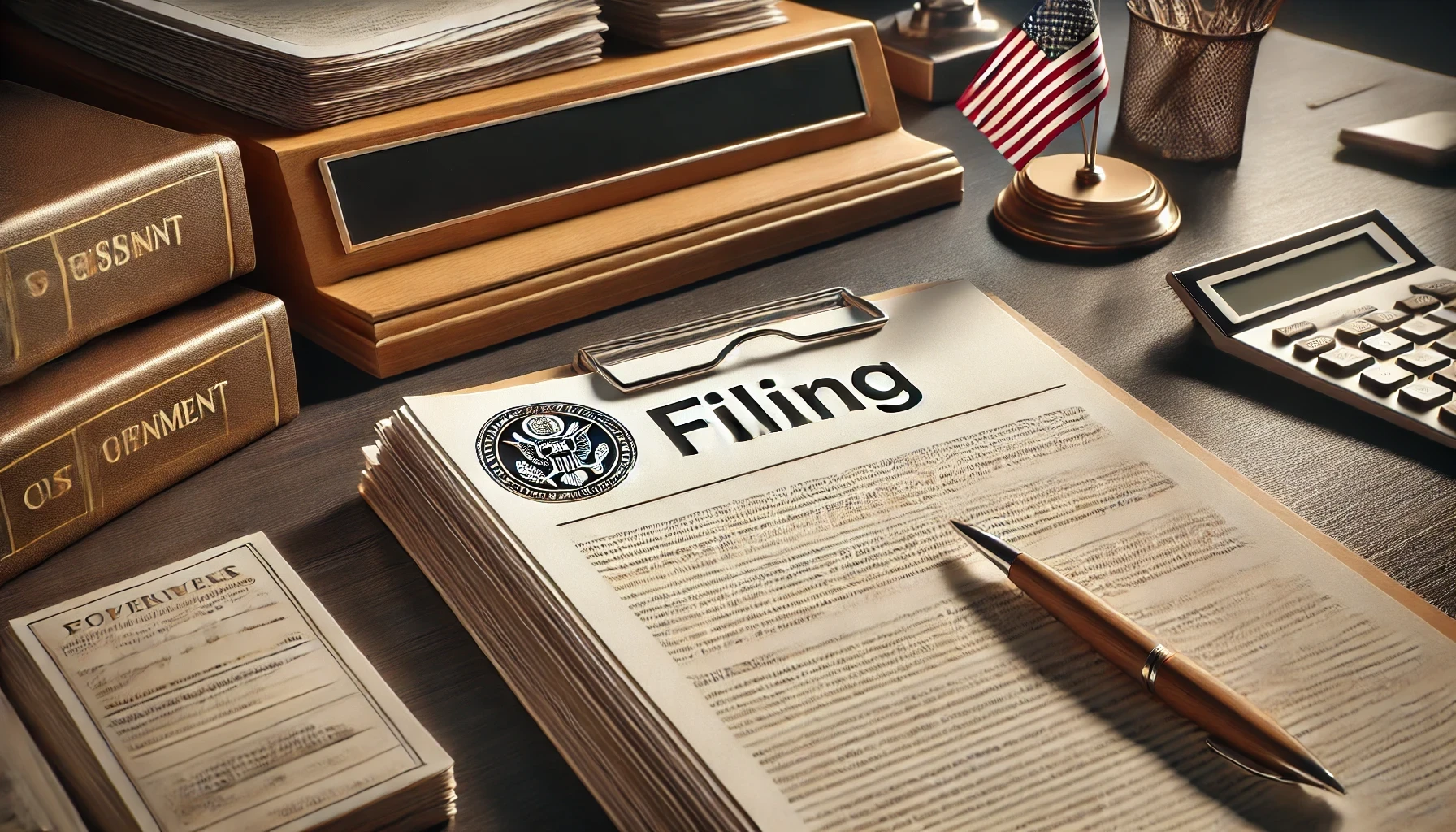
Cantor Fitzgerald has reportedly negotiated a 5% stake in stablecoin issuer Tether, valued at approximately $600 million, shortly after CEO Howard Lutnick was appointed as commerce secretary in the incoming Trump administration.
Key Points
- Cantor Fitzgerald holds the majority of Tether’s reserves, which are critical for the backing of the USDT stablecoin.
- Lutnick’s appointment raises questions about potential political support for Tether amid regulatory scrutiny.
- Tether is under investigation for potential violations of financial laws, adding complexity to Cantor Fitzgerald’s investment.
Cantor Fitzgerald’s Acquisition of Tether Stake
Cantor Fitzgerald is reported to have entered into an agreement to acquire a 5% ownership stake in Tether, the issuer of the USDT stablecoin. This deal, valued at around $600 million, was made public following the appointment of Cantor Fitzgerald’s CEO, Howard Lutnick, as the Secretary of Commerce in the incoming Trump administration. The financial services firm has a significant relationship with Tether, as it manages a substantial portion of the reserves that back the USDT, a stablecoin designed to maintain a stable value against the US dollar.
The partnership, established within the past year, may provide Tether with enhanced political support as Lutnick steps into a key economic policy role. This potential backing comes at a critical time for Tether, which has been under scrutiny from regulatory bodies regarding its compliance with financial regulations. The agreement is viewed as a strategic move, aligning Cantor Fitzgerald with a major player in the cryptocurrency market, particularly in the stablecoin sector.
Implications of Lutnick’s Appointment
The timing of this investment coincides with Lutnick’s nomination as the Secretary of Commerce, a position that could influence regulations affecting the cryptocurrency market. Lutnick has publicly expressed his support for stablecoins like Tether’s USDT and Circle’s USDC, emphasizing the importance of dollar stability for the U.S. economy. His comments at the Chainalysis Links conference highlighted his belief in the necessity of properly backed stablecoins, which aligns with the financial services firm’s interests.
As a prominent figure in both the financial services industry and the crypto sector, Lutnick’s role could mean that Tether may receive more favorable treatment from the government, potentially impacting its operations and regulatory landscape. This connection raises questions about the influence of political appointments on regulatory frameworks surrounding cryptocurrencies, especially for a company facing legal challenges.
Financial Backing and Market Position
Cantor Fitzgerald’s investment secures a 5% stake in Tether, which holds a market capitalization exceeding $132 billion. The firm is responsible for managing a significant stockpile of U.S. Treasuries that back the USDT stablecoin, ensuring its stability and liquidity in the market. This backing is crucial for maintaining confidence among users and investors in the stablecoin ecosystem.
The partnership is primarily focused on the management of reserves rather than regulatory influence, according to a spokesperson from Tether. This clarification underscores the strictly professional nature of the agreement, although the overlap with Lutnick’s new political role complicates the narrative. The spokesperson dismissed suggestions of regulatory favoritism as “laughable,” asserting that Lutnick’s involvement in the transition team would not translate into undue influence over regulatory decisions.
Regulatory Challenges for Tether
In addition to the strategic implications of Cantor Fitzgerald’s investment, Tether is currently facing significant regulatory scrutiny. Reports indicate that the company could be under investigation for potential violations of money laundering and sanctions laws.
Tether has responded to these allegations, labeling them as “outrageous” and arguing that they are based on speculation without independent verification.
Lutnick’s planned resignation from Cantor Fitzgerald upon Senate confirmation as Commerce Secretary will further delineate the boundaries between his public service role and his previous corporate interests. He has stated his intention to divest from Cantor Fitzgerald to comply with government ethics standards, ensuring that his new position does not create conflicts of interest.
The connection between Cantor Fitzgerald and Tether represents a significant development in the cryptocurrency landscape, particularly as the sector grapples with regulatory challenges and market dynamics. As stablecoins like USDT continue to grow in prominence, the implications of such partnerships and regulatory relationships will be closely monitored by industry participants and regulators alike.
Disclaimer: All information provided on this website is for informational purposes only and should not be construed as financial or investment advice. We do not guarantee the accuracy, completeness, or timeliness of the information, and we are not responsible for any financial decisions you may make based on this information. Cryptocurrencies are highly volatile assets, and any investment in them carries a high level of risk.
More Like This

Ark Invest Sells $3.9 Million In Coinbase Shares

HBAR May Get ETF Approval Before Solana or XRP Does
*AI technology may have been used to develop this story and publish it as quickly as possible.

